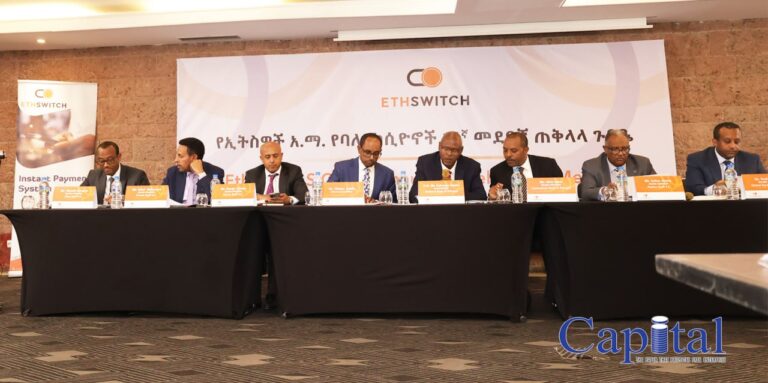Ethiopia’s life insurance sector is facing significant challenges, as industry leaders call for improved government policies to increase awareness and participation among citizens. Life insurance is designed to alleviate the financial burden on families following the death of a loved one by distributing funds to beneficiaries. However, the uptake of life insurance in Ethiopia remains low, with many individuals unaware of its benefits.
Despite Hibret Insurance’s efforts over the past 30 years, the company reported only 232 million Birr in life insurance premiums for the 2023/24 fiscal year, a stark contrast to the total premium collection of 1.72 billion Birr, where non-life insurance operations dominate. Meseret Bezabih, CEO of Hibret Insurance, emphasized that while efforts have been made to promote life insurance, they have not resulted in substantial growth. “It is crucial for people to be informed about life insurance and for government policies to support its growth,” she stated.
One major barrier to increasing life insurance coverage in Ethiopia is the lack of awareness among the population. Many potential policyholders do not understand how life insurance works or its importance in providing financial security. Additionally, there are no current government policies mandating life insurance, which is a practice seen in many other countries. Meseret pointed out that while Ethiopia once implemented mandatory life insurance policies, these have since fallen by the wayside.
In a recent statement marking its 30th anniversary, Hibret Insurance highlighted its role as a pioneer in the industry when private investment was allowed two decades ago. The company has grown significantly since then, boasting 714 shareholders and reaching a fully paid-up capital of 1.1 billion Birr in the current fiscal year.
The need for comprehensive policy reform has become increasingly urgent as Ethiopia seeks to improve its life insurance sector. Experts argue that establishing mandatory life insurance could not only boost participation but also provide essential financial protections for families across the country.








